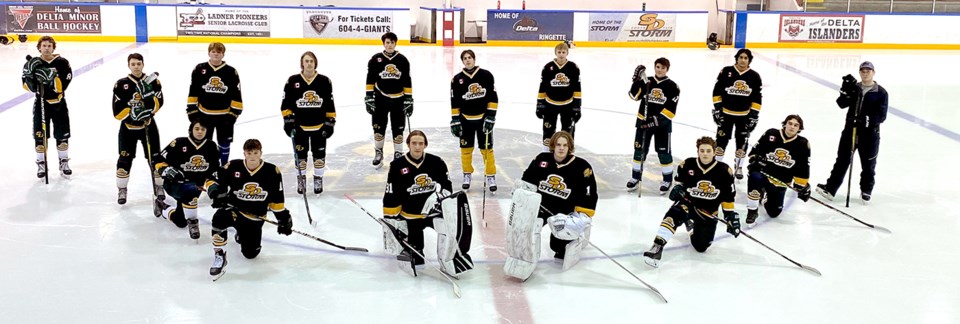Currently, masked-up parents can watch their children’s games or lessons in Delta recreation facilities without showing their vaccination cards, however, that could be changing.
During the Oct. 4th Delta council meeting, Coun. Jeannie Kanakos brought forward a motion requiring patrons provide proof of vaccination at all Delta recreation facilities. At the request of Mayor George Harvie, city staff will be reporting back to council on how this will work, with council to discuss the issue at a special council meeting later this week.
In the meantime, the city announced on Oct. 5 it will continue to follow the guidelines set by ViaSport’s Return to Sport Restart 2.0 plan that is currently in step three.
This includes no vaccination passport required for spectators, ages 12 and over, of indoor sports activities with less than 50 people. They must be socially distanced and wearing a mask once they enter city buildings.
Proof of vaccination is required at ticketed events of more than 100 people such as the Delta Ice Hawks junior hockey games at the Ladner Leisure Centre or other special events.
All venues are also limited to 50 percent of regular capacity.
From a participation standpoint, proof of vaccination is not required for those 21 and under in youth indoor sport programming or their adult supervisors. However, it is mandatory for youth involved in programs that are primarily intended for adults.
Proof of vaccination is required for participants and supporting roles involved in adult (22 and older) recreation sports.
Even with a spike in daily cases since the summer due to the Delta variant, youth fall sports is proceeding in pre-pandemic fashion with full schedules and tournament play allowed. It’s a vast contrast to last fall when only competitive play among small cohort groups was approved before being completely shut down in early November.



